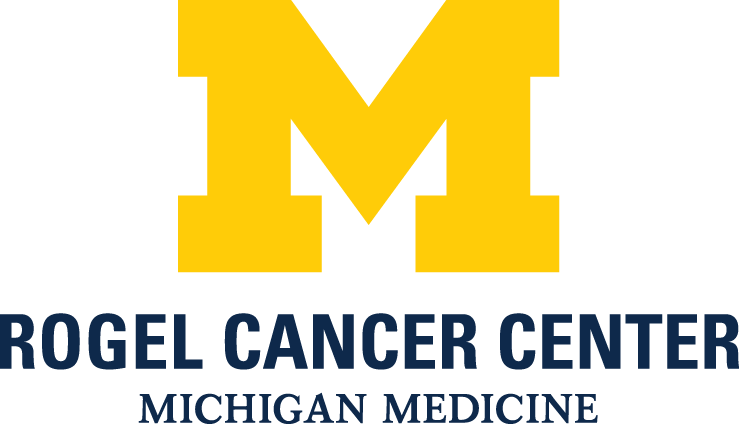
Dr Qin on Areas of Active and Future Investigation in NSCLC

Angel Qin, MD, discusses several areas of active investigation in non–small cell lung cancer, and highlights questions necessitating future research in this disease space.
Angel Qin, MD, clinical assistant professor, Medical Oncology, Internal Medicine, Rogel Cancer Center, University of Michigan Health, discusses several areas of active investigation in non–small cell lung cancer (NSCLC), and highlights questions necessitating future research in this disease space.
The treatment of lung cancer has evolved in recent years, with the addition of insights on tumor biology helping to improve disease management, Qin begins. One such development is the increasing knowledge of driver mutations in both the first- and second-line settings. This has expanded the number of available agents associated with each of these drivers and has engendered insights into the acquisition of resistance mutations, thereby shedding light on the challenges faced in lung cancer management, Qin explains.
Another area of ongoing discussion in the lung cancer space is the sequencing of targeted therapies, particularly for drivers such as EGFR and ALK, where immunotherapy has demonstrated limited efficacy, she continues. Qin states that the explanation for this is not yet understood. In the meantime, efforts are underway to elucidate the role of immunotherapy in cases involving other driver mutations, Qin reports.
The use of perioperative therapy has been another substantial advancement in NSCLC, Qin states. This includes neoadjuvant chemoimmunotherapy, adjuvant immunotherapy, and more recently, perioperative chemoimmunotherapy and immunotherapy, she adds. Assessment of these strategies are being conducted to determine whether they offer equivalent benefit for patients with NSCLC, and to identify specific patient populations that would benefit most from a given approach, Qin details.
There is also heightened interest in neoadjuvant and adjuvant approaches using targeted therapies for molecularly-driven patients subsets in NSCLC, Qin says. These efforts are bolstered by studies such as the phase 3 ADAURA trial (NCT02511106), in which adjuvant osimertinib (Lynparza) produced a significant overall survival benefit in patients with completely resected, EGFR-mutated, stage IB to IIIA disease, Qin concludes.






































